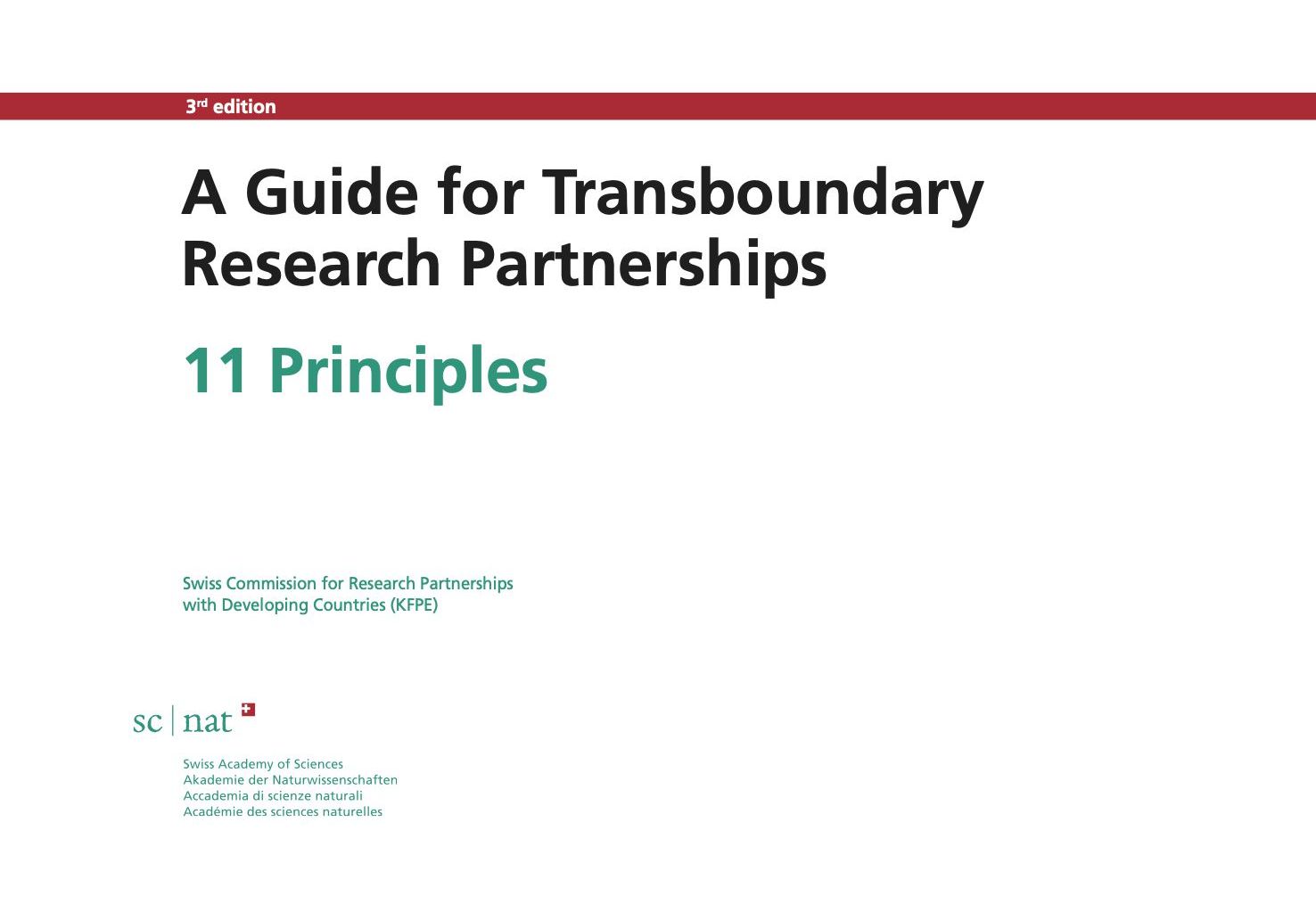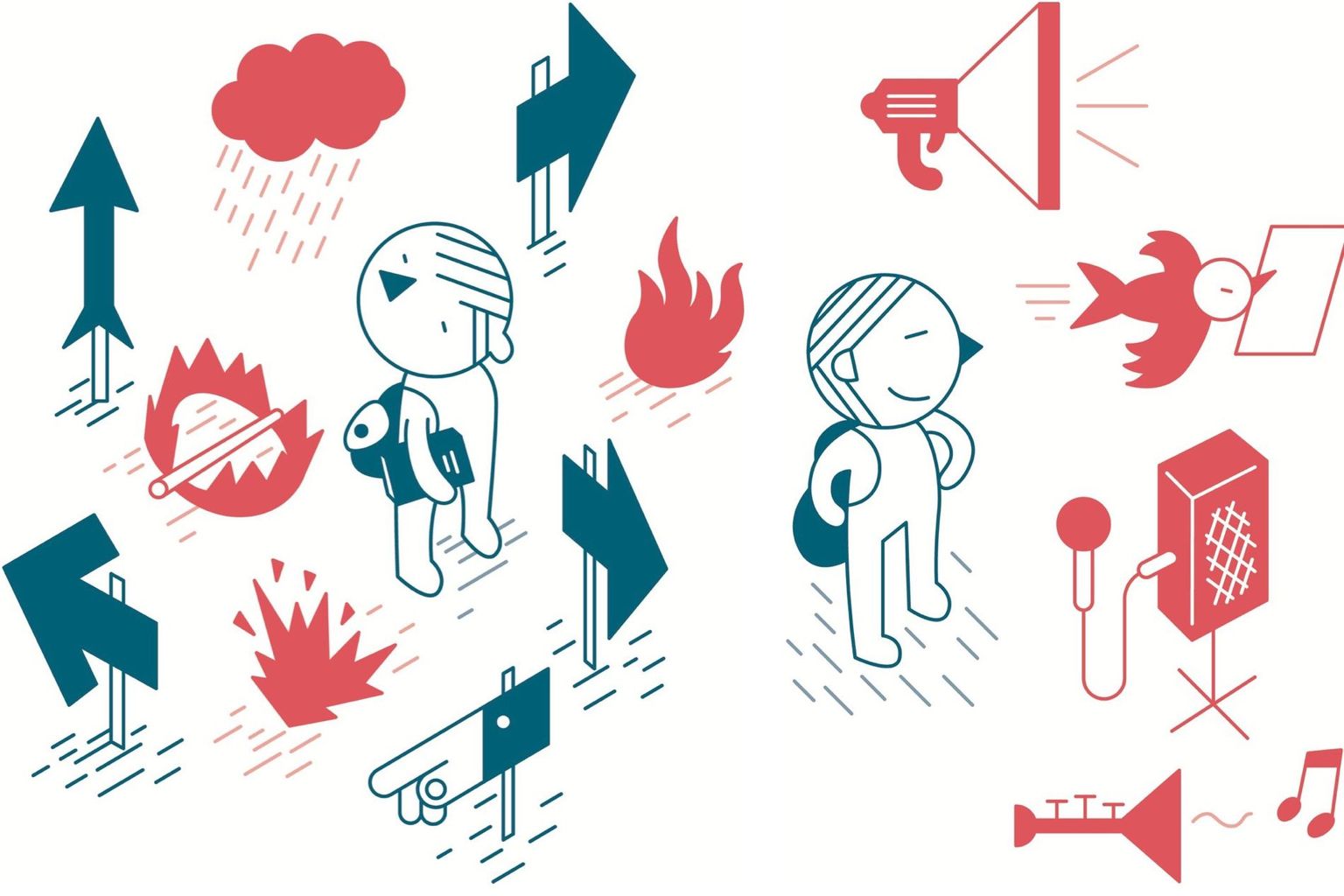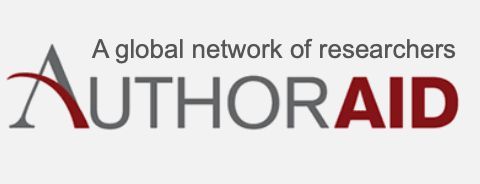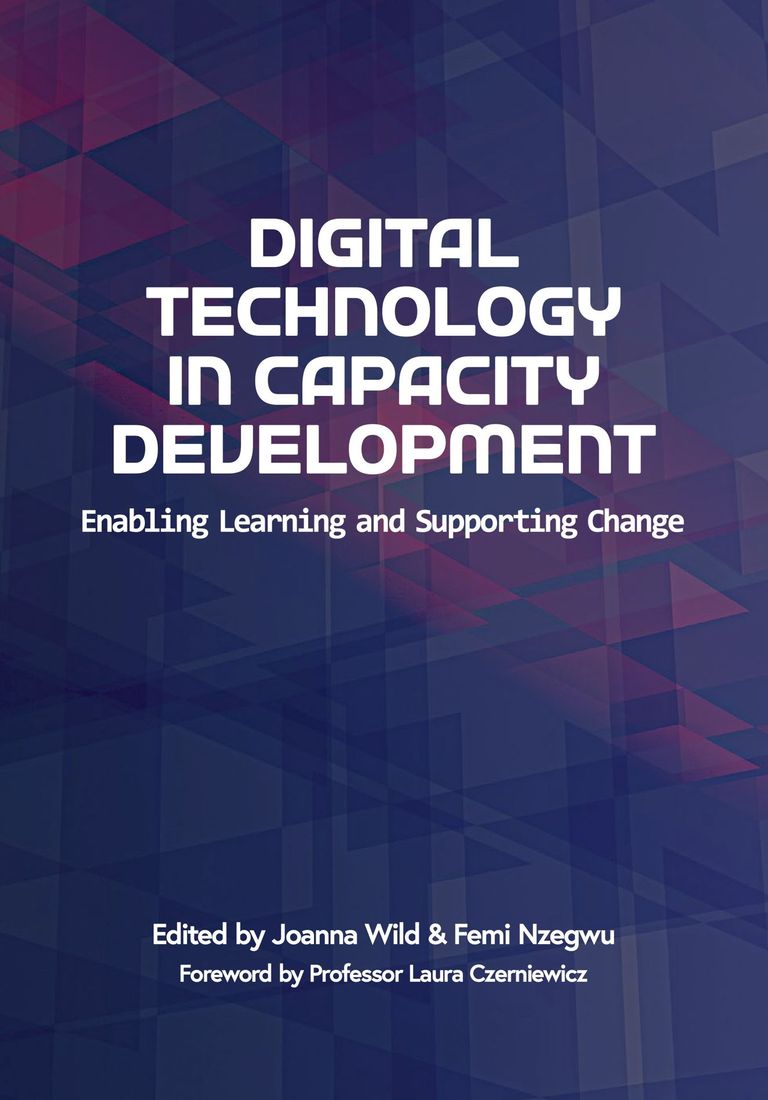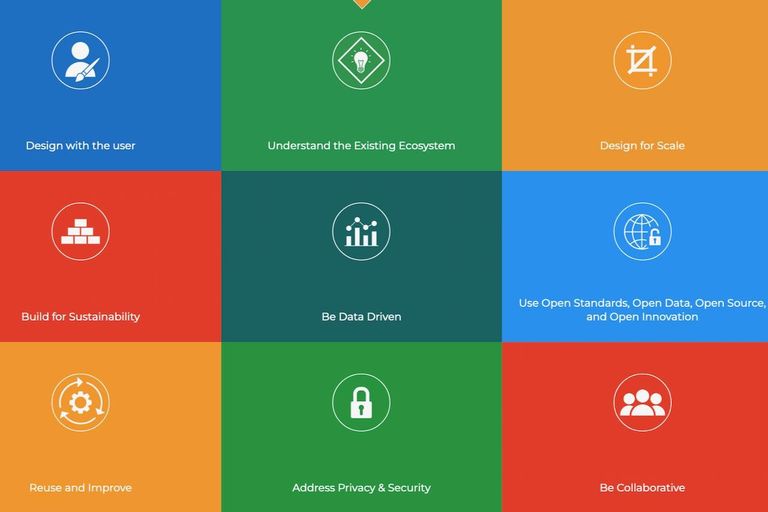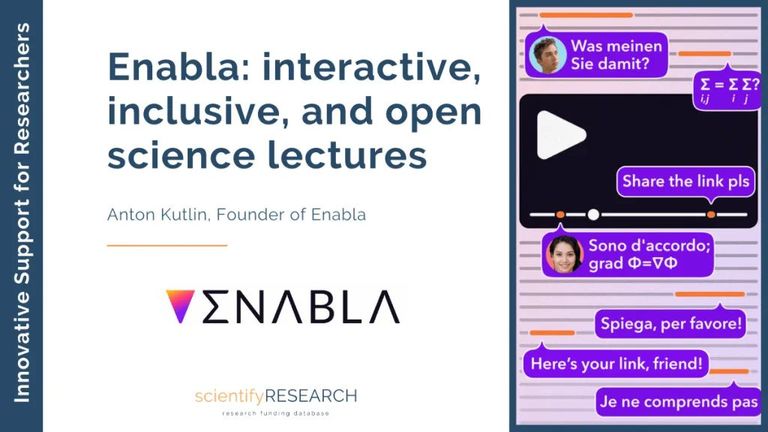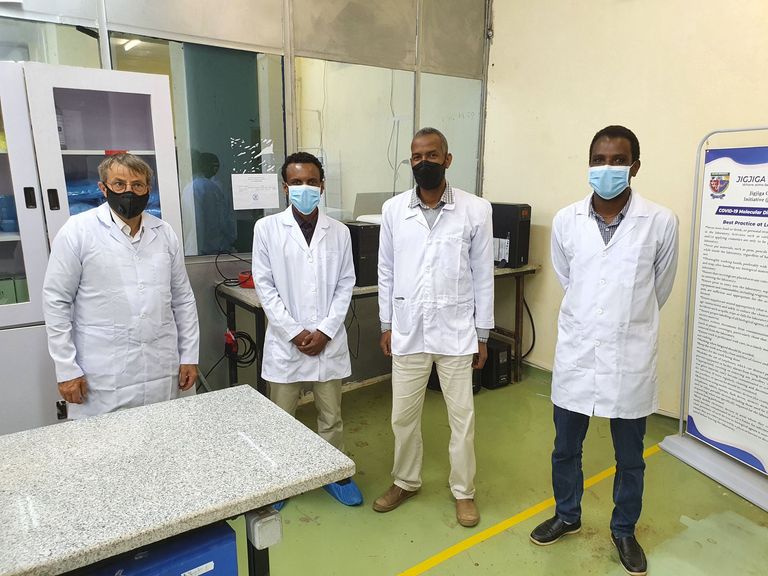Digitalisation in North-South Research Partnerships: Great Opportunities & Multiple Challenges
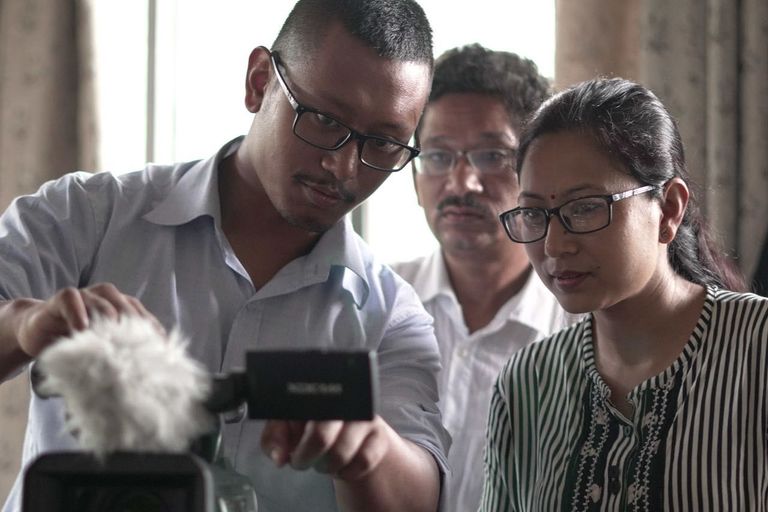
Digitalisation greatly influences North-South research partnerships, impacting communication, collaboration and relationships between Southern and Northern partners in multiple ways. Digitalisation has created novel means of communication, has opened unprecedented knowledge transfer channels, and has made digital data acquisition and monitoring tools more easily available. At the same time, we are confronted with new challenges such as data security and unequal access to digital infrastructure, which can potentially increase inequality and division between Northern and Southern research partners.
Researchers from the Global South and the Global North jointly discussed opportunities and challenges of digitalisation for global research collaboration during a KFPE workshop held online on December 13, 2021. This website documents the three core areas of discussion and highlights essential recommendations issued by the participants. This documentation informs researchers, project coordinators and research funders about opportunities and challenges related to digitalisation when aiming for fair and efficient research partnerships.
Communication in the digital age
Physical distance between partners represents a fundamental challenge in North-South research partnerships. Digital tools, mobile communication infrastructure and enhanced connectivity promise to lower such distance. Via videoconference, direct exchange is ready at hand – always and everywhere. Yet intricate questions remain: To which extent does online communication increase exclusion risks? How can one ensure sufficient direct interaction in order to guarantee knowledge transfer and capacity building? And how can trust be built sustainably over distance?
Read more
The Digital Divide
Access to digital tools, to hard- and software as well as to reliable internet connections has become a crucial resource in the digital age. Such access determines the extent to which participation in scientific communities and in transboundary exchange is possible and draws a line between those who can participate in a research endeavour involving global partners and those who cannot. Unequal access to digital infrastructure – the so-called Digital Divide – thus represents a major challenge in North-South research partnerships aiming to contribute to a just distribution of resources, knowledge and skills.
Read more
Data security and responsible data handling
Collecting, processing and analysing large amounts of data has become a common feature in many research contexts. It also provides great opportunities in North-South research partnerships. Yet the proper handling and the protection of data also represents one of the most pressing challenges in the digital age. It concerns fundamental individual rights. How can respect for privacy be ensured despite the variety of contexts in which research partners operate? How can power disparities with regard to data evaluation capacities be avoided? And how can one make sure that (sensitive) data are not exploited without consent?
Read more
This documentation is part of the KFPE series on fair and efficient research partnerships, including:

